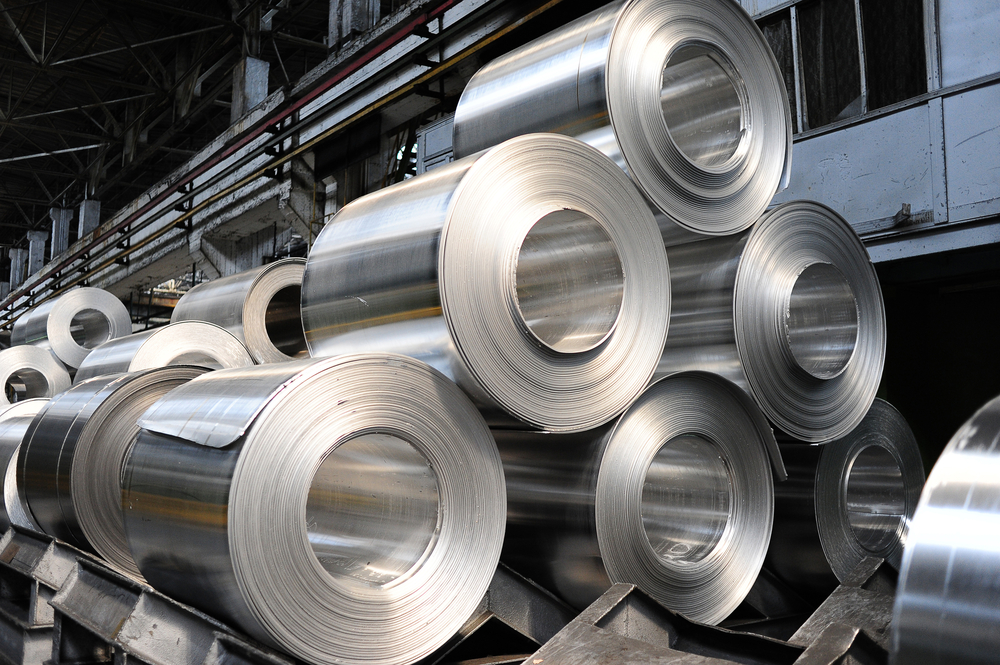The Complete Guide to Importing Aluminium Plating into Nigeria
The Complete Guide to Importing Aluminium Plating into Nigeria
Importing aluminium plating into Nigeria can be a difficult process. It is important that you follow the legal procedures to avoid penalties and fines. This article will cover everything you need to know about importing aluminium plating, from how to get a licence to what you need to do once your goods have been shipped in.
-Step 1: Get an Import License
-Step 2: Supplier Identification
-Step 3: Supplier Assessment
-Step 4: Inspection of Goods Prior to Clearance
-Step 5: Document Processing
-Step 6: Port of Discharge in Nigeria
Introduction
Nigeria is an emerging market in the world. Raw materials such as aluminium plating are needed for production, and importing these resources can be difficult to do without complying with the relevant regulations.
In this article, we’ll go over everything you need to know about importing aluminium plating into Nigeria. This includes how to get an import license and what you need to do once your goods have been shipped in.
Requirements for Import License
-The application should be made in writing to the Director General of the Nigerian Customs Service
-Application should contain the following information:
-Name and address of applicant;
-Item or items to be imported;
-Quantity, brand, model, type and size;
-Monthly average quantity of importation;
-Country of origin;
-Destination port in Nigeria.
Supplier Identification
The Customs Service requires that you bring in a supplier identification letter. This is a letter from the manufacturer or the importer of the goods, which states the following:
1. The name of the company
2. The address of the company
3. A declaration that they are the manufacturer or importer of the goods, and
4. A declaration that they are not an affiliated with any party that will be involved in this transaction
Supplier Assessment
After you have been granted an import license, you will need to find a supplier. There are certain procedures that must be followed when choosing a supplier. For example, it is important that you identify the manufacturer of the goods and their country of origin.
The manufacturer’s identification is important because they will be the ones who give you a list of raw materials for making your product. They will also supply instructions for assembling and safety instructions for handling your product.
It is also important to assess the safety record of the supplier. You can do this by researching their website or contacting them directly to ask about any incidents with their products in the past few years. This will help you make sure your product is safe for your consumers and complies with all legal safety guidelines in Nigeria.
Inspection of Goods Prior to Clearance
To prevent any issues with customs and to ensure that the shipment of aluminium plating is in compliance with Nigerian law, you will need to complete inspections before clearing the goods. This inspection process has two parts:
-Outward Processing Inspection
-Final Processing Inspection
Document Processing
Once your goods have been shipped in, you need to clear them through customs. This will be done through the Nigerian Customs Service (NCS).
The NCS website has a section for ‘Clearance of Imported Goods’. Follow the instructions on this page to fill out an import declaration form and to pay any applicable duties and tax.
It is important that you give accurate information about your goods. If you do not, you may receive penalties or fines.
Port of Discharge in Nigeria
The final step of this process is to get your goods cleared at the port of discharge in Nigeria. If you have not completed all the necessary steps, there can be delays in clearing your goods. For example, if you have not obtained an import license or if one or more of your suppliers are blacklisted by Nigerian customs, then you may experience delays in clearance.
It’s important that you know the port of discharge in Nigeria so that you can plan accordingly for clearance. Some ports are larger than others and have different processing times. These are some ports to consider when importing aluminium plating:
-Lagos
-Apapa
-Oshodi
-Warri
-Calabar
Conclusion
Importing aluminium plating into Nigeria can be a complicated process, but following the steps above will make it much easier. Importing goods can be beneficial to your business, but make sure you are familiar with the laws and regulations before you get started.








LEAVE A COMMENT
You must be logged in to post a comment.